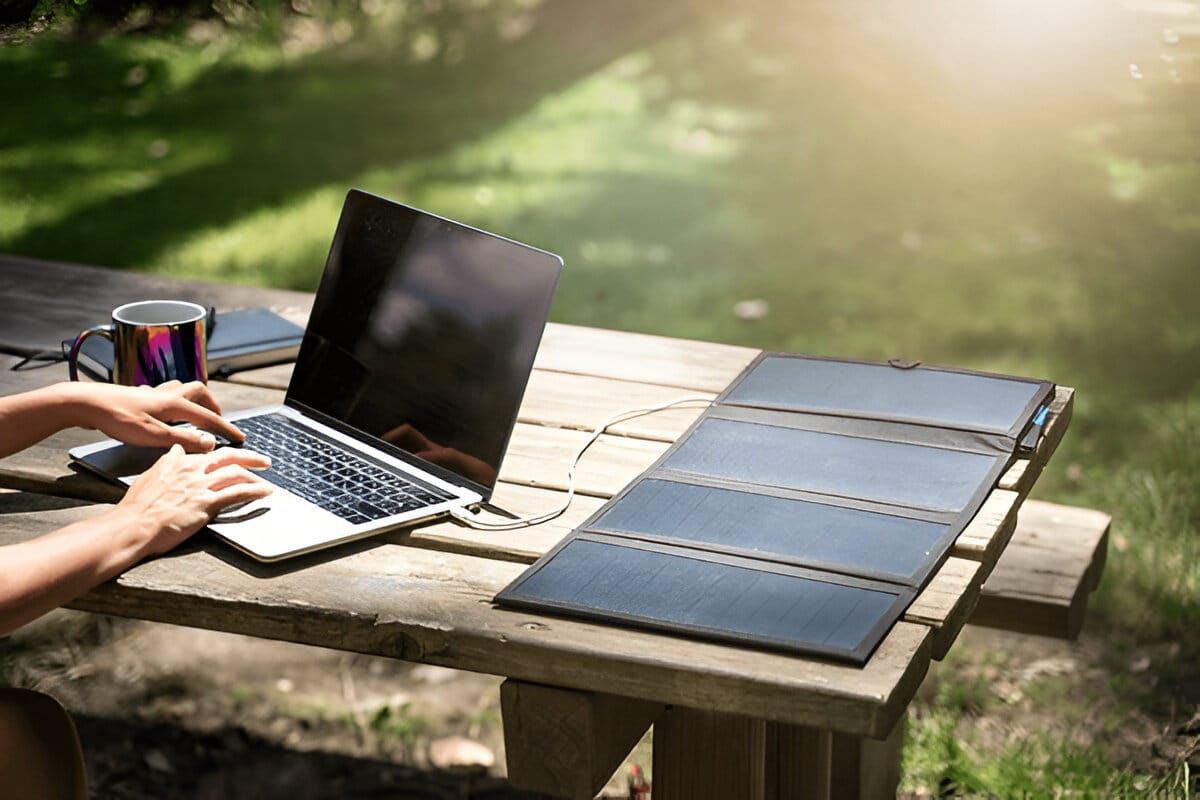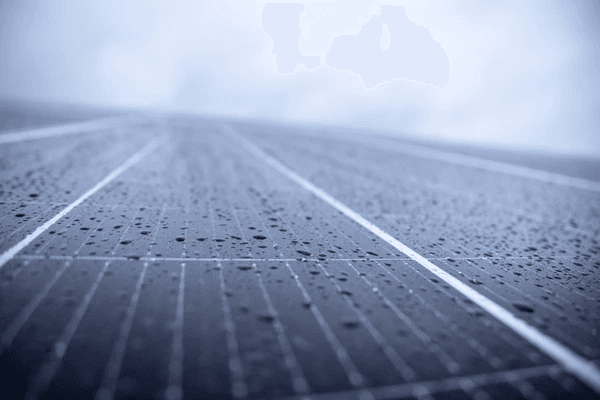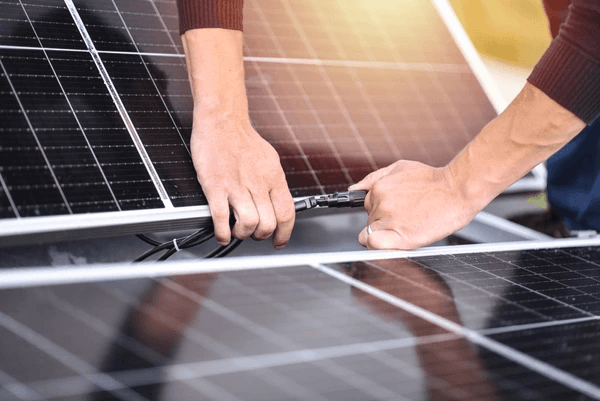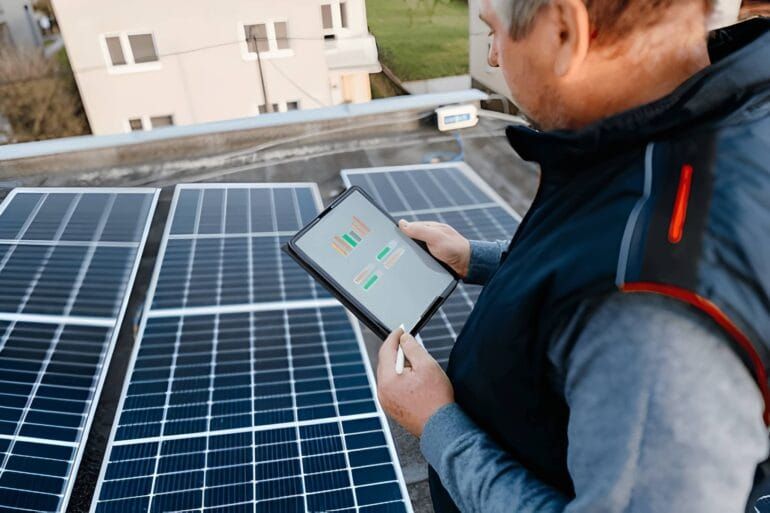In the current era of eco-awareness, portable fold-up solar panels are revolutionizing how we live off the grid. From camping for the weekend to space-age workspaces, an on-the-go solar solution is no longer an indulgence—it’s a necessity. With 200w portable solar panels, 300w portable solar panel, and 400w portable solar panels available, choosing the right one can be a headache.
In this full review, we will divide everything you should know about each one of these portable folding solar panels, what they are capable of, their advantages and disadvantages, and what you should take into account when you purchase.
Understanding Portable Folding Solar Panels
Portable folding solar panels are portable and lightweight solar units meant for portability. They can be folded for convenient transport and are ideal for application in cases like:
- RV and van life
- Emergency backup power
- Worksites or events in the middle of nowhere
Unlike fixed roof systems, these are plug-and-play modules that are portable and easy to install. Typically connected to power packs or battery packs, these panels offer a clean, quiet, and renewable source of power.
- Portability: Folding design enables easy transport and storage.
- Eco-Friendly: Harvest pure solar power with zero emissions.
- Low Maintenance: Fewer moving parts = less wear and tear.
- Cost-Effective: Once purchased, solar power is essentially free.
- Versatility: Compatible with all sorts of devices from phones to fridges.
Let’s now talk about the pros, cons, and specifications of 200w portable solar panels, 300w portable solar panel, and 400w portable solar panels in more detail.
200W vs 300W vs 400W Portable Solar Panels Comparison
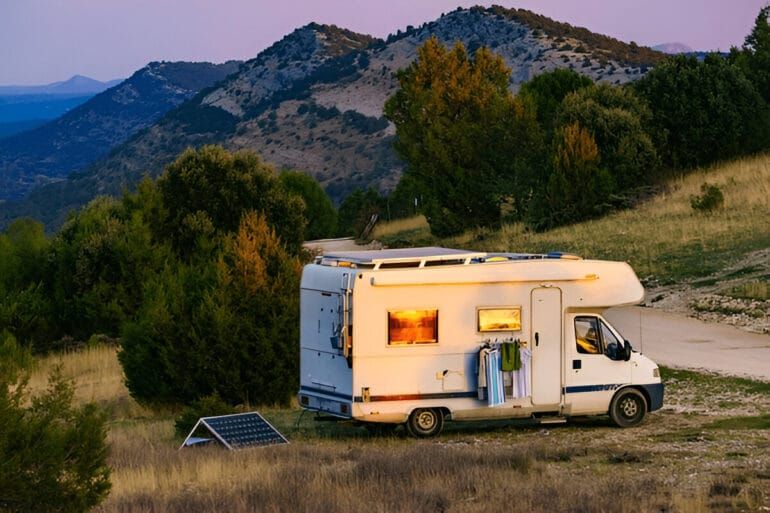
1. 200W Portable Solar Panels: Light and Efficient for Low Requirements
A 200 watt portable solar panel is suited for individuals with low to medium energy usage. The panels have the ability to produce 1000 to 1400 watt-hours (Wh) under optimal sunlight exposure per day.
Specifications:
- Weight: 5–7 kg
- Folded size: Compact, briefcase type
- Daily output: ~1–1.4 kWh
- Devices charged: Smartphones, LED lights, portable fridges, laptops
Strengths:
- Easy installation and portability
- Low price
- Ideal for short camping trips
Weaknesses:
- Inappropriate for high-consumption devices
- Longer charging times for power stations
- Best For: Campers, hikers, and emergency supplies.
2. 300W Portable Solar Panel: A Balanced Mid-Tier Choice
Next in power and functionality is the 300w portable solar panel, providing the best of two worlds: portability and greater output.
Specifications:
- Weight: 8–10 kg
- Size: Slightly larger, may have kickstands
- Daily output: ~1.2–1.8 kWh
- Devices powered: Large power banks, CPAP machines, small TVs, mini coolers
Pros:
- Chances to provide balanced performance
- Balanced tradeoff between portability and power
- Charges mid-size batteries well
Cons:
- A little over 200W panels
- Expensive
- Ideal For: Campers in vans, remote professionals, extended road journeys.
3. 400W Portable Solar Panels: High Yield for Heavy Power Needs
400w portable solar panels are ideal for people with heavy power needs. These solar panels provide a production rate of 2000 to 2800 Wh per day, ideal for even semi-permanent installations.
Features:
- Weight: 12–15 kg
- Size: Large folding setup or stiff briefcase style
- Daily output: ~2–2.8 kWh
- Applications powered: AC units, microwaves, large power stations, backup systems
Advantages:
- High-powered and efficient
- Best suited for heavy-duty applications
- Best suited for backup power
Disadvantages:
- Less portable and heavier
- More expensive initially
- Best suited For: RVs, home backup power systems, remote workstations.
Power Output and Energy Consumption Explained
When buying panel wattages, keep in mind the distinction between power (watts) and energy (watt-hours). Power is a measure of how quickly electricity is produced; energy is the amount over time.
Example:
- 200w portable solar panel with 5 hours of full sun = about 1,000 Wh
- 300w portable solar panel with the same conditions = 1,500 Wh.
- A 400w portable solar panel will provide 2,000 Wh or more.
Calculating Your Daily Energy Requirements
To choose the ideal panel, do the following:
- List Your Devices: Write down all you want to power.
- Check Power Ratings: Double-check wattage for each device.
- Estimate Hours of Use: wattage × hours used = daily use in Wh.
- Add It Up: Add all energy requirements.
- Add Buffer: Add 20% buffer for inefficiency.
Example:
- Phone: 10W × 3h = 30Wh
- Laptop: 60W × 4h = 240Wh
- Mini fridge: 70W × 24h = 1680Wh
- Total: 1,950Wh
Here, a 400w portable solar panel will be perfect.
Use Cases for Each Panel Type
For Camping and Hiking
- 200w portable solar panels are highly portable and easy to set up.
For RV or Van Life
- 300w portable solar panel is an optimal balance of performance vs weight.
For Emergency Backup Power
- 400w portable solar panels provide dependability during power outages and energize critical appliances.
Design: Foldable vs Briefcase Solar Panels
- Foldable Panels: Lightweight, flexible, and convenient to store. Ideal for backpacking or small installs.
- Briefcase Panels: Improved, more durable, and typically come with handles or stands. Semi-permanent or abusive treatment is recommended.
Technology: Monocrystalline Panels for Maximum Efficiency
Monocrystalline technology is utilized by all of the high-quality portable folding solar panels. Advantages include:
- High Efficiency: Optimum performance per square meter
- Low-Light Capability: Slightly superior under cloudy or shaded conditions
- Durability: Weather-resistant with extended lifespan
For optimum performance, monocrystalline 400w portable solar panels are an excellent option.
Setup and Maintenance
- Easy Installation: Plug-and-play cables are often provided.
Maintenance Tips:
- Regularly brush grime and dust
- Store in dry, cool locations
- Avoid sharp kinking of cables
Breakdown of Cost of Portable Folding Solar Panels
| Panel Type | Average Price (AUD) | Daily Output (kWh) | Application |
| 200W | $200–$350 | 1.0–1.4 | Light travel, minimal use |
| 300W | $350–$500 | 1.2–1.8 | RVs, road trips, mid-range usage |
| 400W | $500–$700 | 2.0–2.8 | Home backup, heavy-duty use |
Note: Prices are for panels alone and exclude accessories and batteries.
Environmental and Financial Benefits
Folding solar panels aren’t just awesome for your vacation”They’re awesome for the environment and your finances too:
- Zero emissions = cleaner air
- Less reliance on fossil fuels
- Free electricity after upfront investment
- Potential to save generator or camping fuel costs
Preparation for Backup and Emergency Situations
If you live in a blackout area or wish to prepare in advance for your power supply:
- Implement 400w solar panels portability coupled with solar batteries
- Save energy for rainy days or nighttime
- Order of needs: lighting, cooling, communications
- Ensure provision for auto-switch integration for seamless transition
Final Thoughts: Which Portable Solar Panel to Buy?
Choosing between 200W, 300W, and 400W portable folding solar panels depends on your intended use of the panels, the power requirements of your devices, and how portable you want your system to be.
Usage Scenarios and Recommendations
- Weekend Camping – 200W Portable Solar Panels
If your main goal is to charge small devices like smartphones, LED lanterns, or a portable fan while camping, 200w portable solar panels are ideal. These panels are lightweight, easy to carry, and provide enough energy (about 1,000–1,400Wh per day) to support basic needs. Their compact size also means they won’t take up much space in your car or backpack, making them perfect for weekend getaways or minimalist travel.
- RV Users or Remote Workers – 300W Portable Solar Panel
For RV owners or remote workers that require power for laptops, Wi-Fi routers, or small appliances, a 300w portable solar panel is more suitable. It provides a good balance of energy output and mobility with an output of about 1,200–1,800Wh per day. This size of panel ensures that you are able to stay connected and comfortable on the move without the need for a heavy, fixed system.
- Home Backup & Emergencies – 400W Portable Solar Panels
For those that desire a stronger solution to power critical appliances when there is no power, 400w portable solar panels are the most superior. They are capable of generating 2,000–2,800Wh of electricity a day, which can run refrigerators, emergency lights, medical equipment, and communications equipment. Although heavier and bulkier, their energy output makes them best for semi-permanent applications or utilization in times of natural disasters.
Key Factors to Consider
When selecting the appropriate panel, ask yourself:
- How much power do I require on a daily basis?
- How portable do I need it to be?
- What is my price range?
Balancing these three aspects will lead you to the perfect portable folding solar panel for your lifestyle and power requirements.
Conclusion: Powered by Easy Solar
Whether charging weekend escapades or backup power for emergencies, portable folding solar panels are a practical and environmentally friendly energy alternative. From 200w portable solar panels for the casual camper to 400w portable solar panels for backup power, there’s something for every user.
Easy Solar, one of Australia’s premier solar providers, provides efficient solar solutions such as rooftop systems, batteries, inverters, and hot-water systems. If you’re looking to incorporate portable solar into a comprehensive home energy plan, Easy Solar can help with:
- Expert solar evaluations
- CEC-approved installations
- Government rebate advice
- Reasonable financing plans
With Easy Solar, you’re not only buying a panel—you’re buying a pathway to long-term energy independence.
